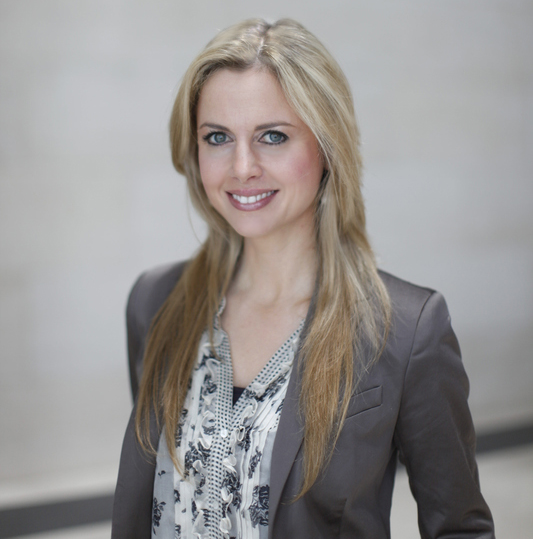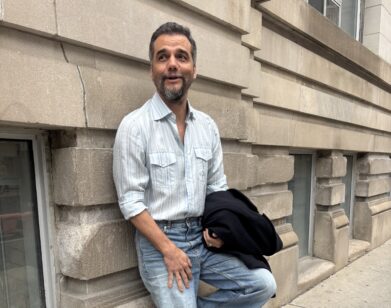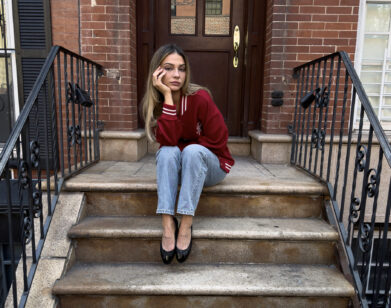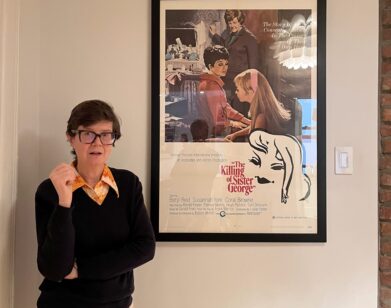Palm d’Oil

The first annual Tribeca Film Festival begins today in Doha, Qatar, the tiny, oil-rich Arabian monarchy on the Persian Gulf. A swank of celebrities—Robert de Niro, Ben Kingsley, Jeff Koons, Patricia Clarkson and directors Martin Scorsese, Danny Boyle (Slumdog Millionaire) and R.J. Cutler (The September Issue) are attending the festivities, which will be headquartered at I.M. Pei’s new Museum of Islamic Art. The event was cooked up by the Emir’s daughter, Sheikha Al Mayassa bint Hamad bin Khalifa Al-Thani, 27, after she worked as an intern for the Tribeca festival in the summer of 2006. (Her first job was picking up breakfast pastries.) It’s the first time the Tribeca group has expanded its franchise globally, and the woman helming the four-day event is festival executive director Amanda Palmer, a veteran of CNN and Al Jazeera. We asked her what it’s going to be like:
ALEXANDRA L. PEERS: Why a Tribeca Film Festival in Qatar? Is that still Tribeca?
AMANDA PALMER: You have a very young population. 67% of the people here are under age 30. They’re multilingual and well-educated. Incredibly, cinema is the number one entertainment here. [People go to the movies] once if not two times a week
PEERS: What kind of movies do the locals like?
PALMER: The Hangover was huge here—and midnight films are popular. But not the best of Hollywood films [are exported]. There’s a lot of Egyptian films.
PEERS: You are originally from Australia. What surprised you about Qatar?
PALMER: People would be very surprised by Doha. For one thing, they really know how to have a nightlife because it’s the coolest part of the day. It’s a community that is financially not hugely challenged–the predominate population is ex-pats.
PEERS: What’s a typical evening like?
PALMER: If I’m going out with my Qatari girlfriends, it’s a Lebanese meal—I’m a foodie—and then a walk through the souk. The W Hotel opened up a few months ago.
PEERS: We’ve heard that some people in the region can be hostile to gay people. True?
PALMER: It’s not true—it’s really not true. What exists in religion is one thing, what exists in reality is another… everybody understands this here. I’m trying to eradicate the misconceptions.
PEERS: What’s been some of the biggest surprises in putting together the festival?
PALMER: I knew it was incredibly ambitious but what we found is in no way could we come here and just put on a film festival…everything was different even to the time you could watch a film.
PEERS: What will the film festival be like?
PALMER: We’re opening with Amelia, about Amelia Earhart and starring two-time Academy Award winner Hilary Swank. It’s directed by Mira Nair. I’ve known her for about ten years and I’m a huge supporter of her work.
PEERS: What other Western movies are on the schedule?
PALMER: The Coen Brothers’ A Serious Man, Michael Moore’s Capitalism—A Love Story, Coco Before Chanel, The Informant!, The September Issue. We’re showing about 35 films. It’s based very much on what the Tribeca Film Festival has done [in New York].
PEERS: Is there a red carpet?
PALMER: It will be one of the most spectacular and defining red carpet events in the world—spectacular arrivals, a huge fireworks show. My background is broadcast—it has to make great television. This is show business.
PEERS: Describe the scene for me.
PALMER: The royal family and VIPS will go into the Museum of Islamic Art—it’s breathtaking, one of the most spectacular buildings in the world. It’s almost built for the red carpet, with a long entryway lined by trees. But, while they watch the opening, thousands of people will be able to watch the film on the grounds. That really excited me, that was important to me.
PEERS: The bottom line?
PALMER: People are going to leave with transformed minds about how they view the Middle East.
Doha’s Tribeca Film Festival runs through Sunday.






